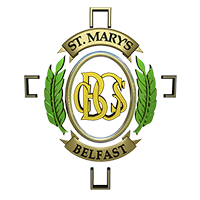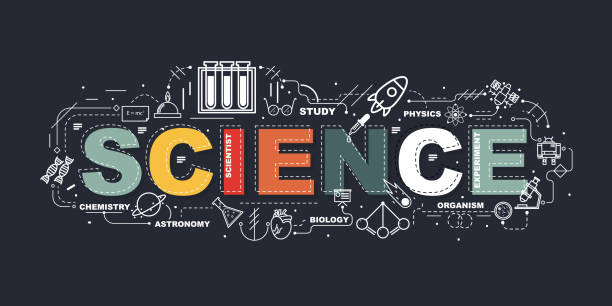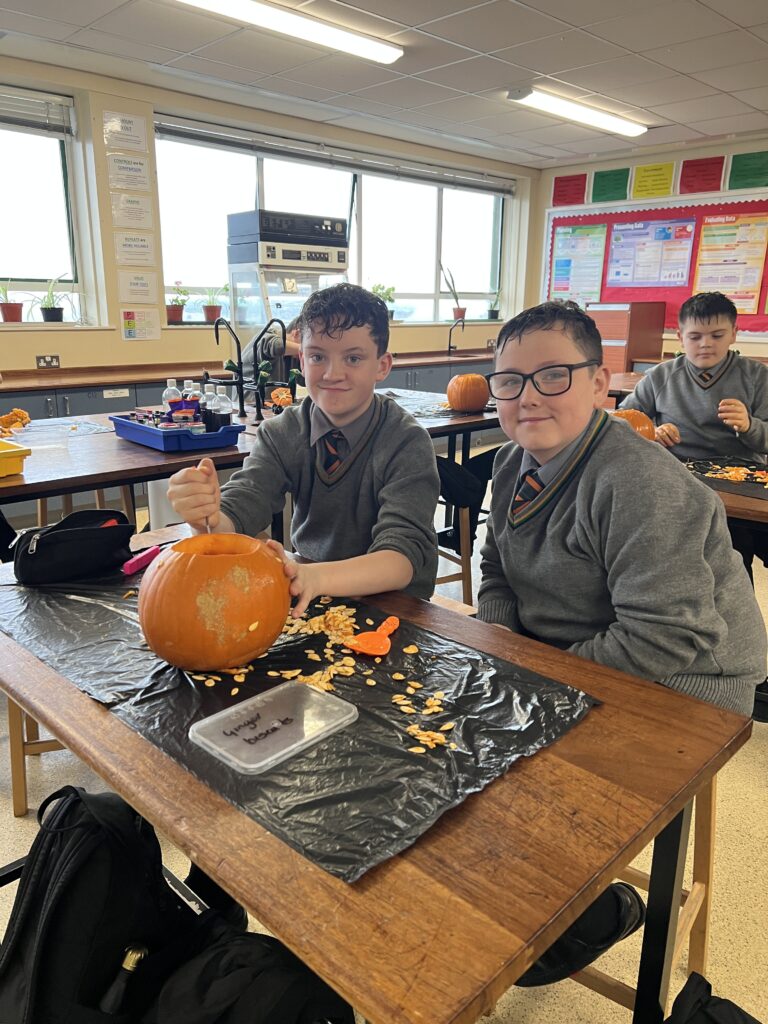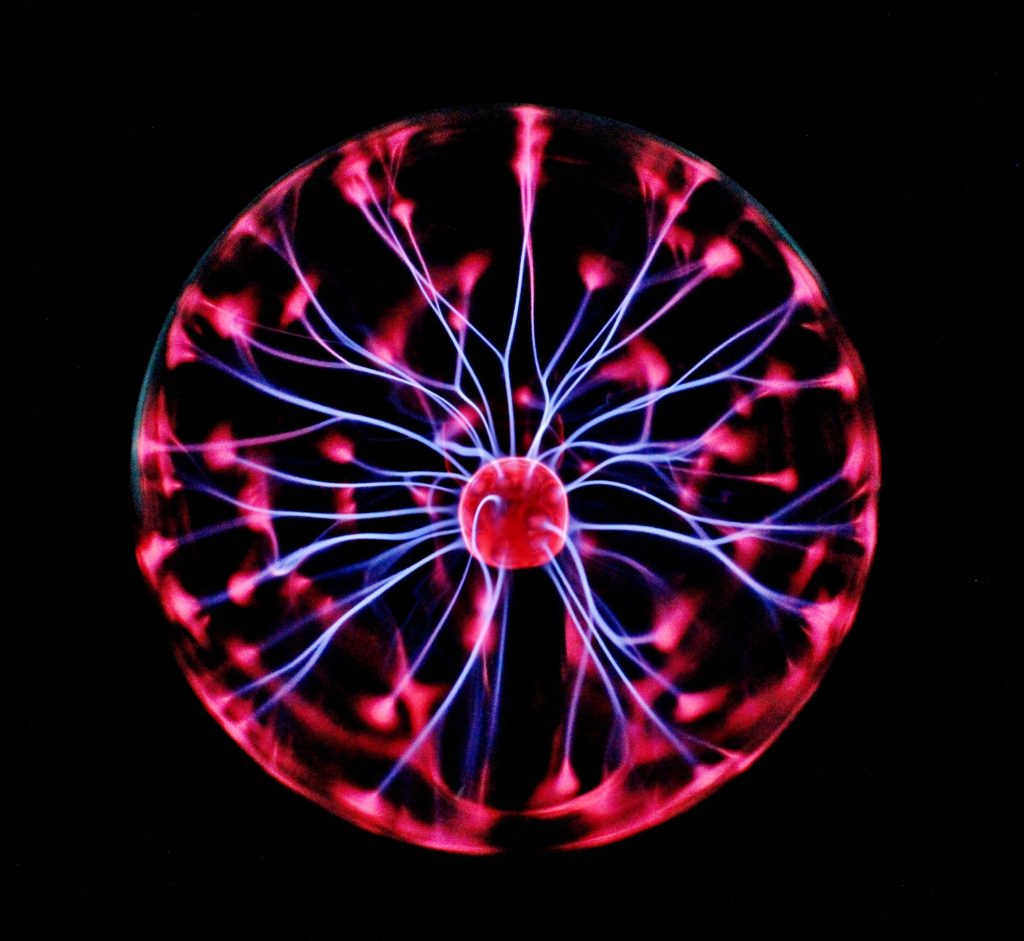Course Outline
In Year 13 students complete three modules and take an examination in each module. This is equivalent to an Advanced Subsidiary (AS) in Biology/Chemistry and/or Physics.
In Year 14 students will take a further three modules to complete an A Level in Biology/Chemistry and/or Physics.
Pupils complete a practical assessment through Internal assessment in Biology and a practical examination in both Chemistry and Physics in both AS and A2.
Biology:
AS 1: Molecules and Cells and AS 2: Organisms and Biodiversity.
A2 1: Physiology and Ecosystems and A2 2: Biochemistry, Genetics and Evolutionary trends.
Chemistry:
AS 1: Basic Concepts in Physical and Inorganic Chemistry and AS 2: Further Physical and Inorganic Chemistry and Introduction to Organic Chemistry
A2 1: Periodic Trends and Further Organic, Physical and Inorganic Chemistry and A2 2: Analytical, Transition Metals, Electrochemistry and Further Organic Chemistry
Physics:
AS 1: Forces, Energy and Electricity and AS 2: Waves, Photons and Astronomy
A2 1: Deformation of solids, Thermal Physics, Circular Motion, Oscillations and Atomic and Nuclear Physics and A2 2: Fields, capacitors and Particle Physics
Life and Health Science:
This a new course to St Marys Science Department.
The CCEA GCE Life and Health Sciences specification was developed with industry in response to the needs of the growing life and health sciences sector in Northern Ireland.
Life and health science related industries make up over 25% of Northern Ireland’s total economic output and include a diverse range of public and private businesses and employment opportunities, including pharmaceutical, chemical, agricultural, dental, nursing, environmental and allied health professions.
Students can take the AS units plus the A2 units for a full GCE A level qualification. They can also choose to take the AS course as a stand-alone qualification.
For a full GCE Single Award qualification students must complete six units: three at AS level and three at A2.
The specification has 16 available units. For details on compulsory and optional units, please see the specification.
- Unit AS 1: Experimental Techniques
- Unit AS 2: Human Body Systems
- Unit AS 3: Aspects of Physical Chemistry in Industrial Processes
- Unit AS 4: Brain Science
- Unit AS 5: Material Science
- Unit AS 6: Medicine, Drugs and Clinical Trials
- Unit A2 1: Scientific Method, Investigation, Analysis and Evaluation
- Unit A2 2: Organic Chemistry
- Unit A2 3: Medical Physics
- Unit A2 4: Sound and Light
- Unit A2 5: Genetics, Stem Cell Research and Cloning
- Unit A2 6: Microbiology
- Unit A2 7: Oral Health and Dentistry
- Unit A2 8: Histology and Pathology
- Unit A2 9: Analytical Chemistry Techniques
- Unit A2 10: Enabling Technology.
Study/Homework Requirements:
Students will also undertake practical scientific work and write up their findings. Students will develop research skills and techniques in all units. They should spend 1 hour to 1 hour 30 minutes per day going over or expanding on notes, completing homework and/or revising.
Key Points To Success:
- Excellent attendance;
- Make summary notes for examinations;
- Practise using past paper questions.

















